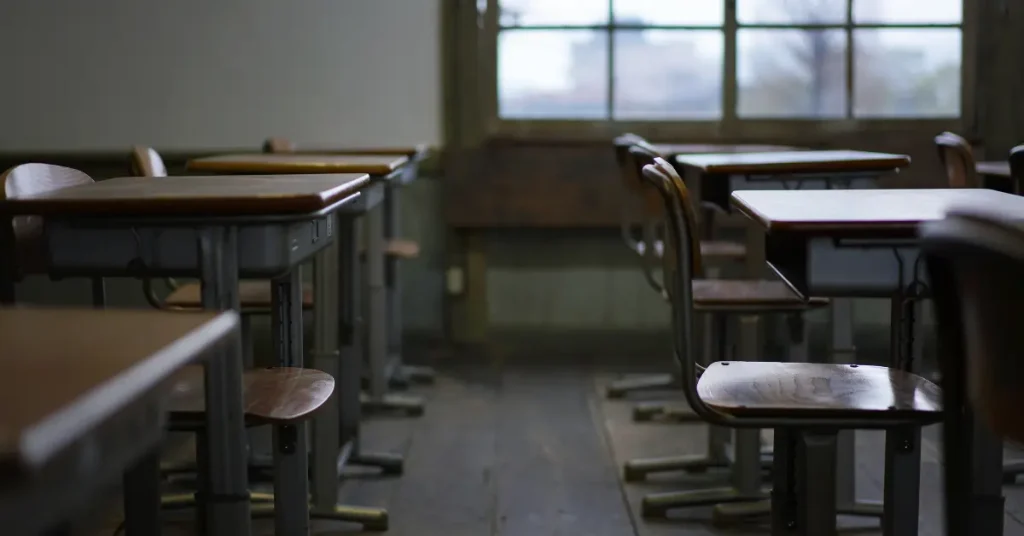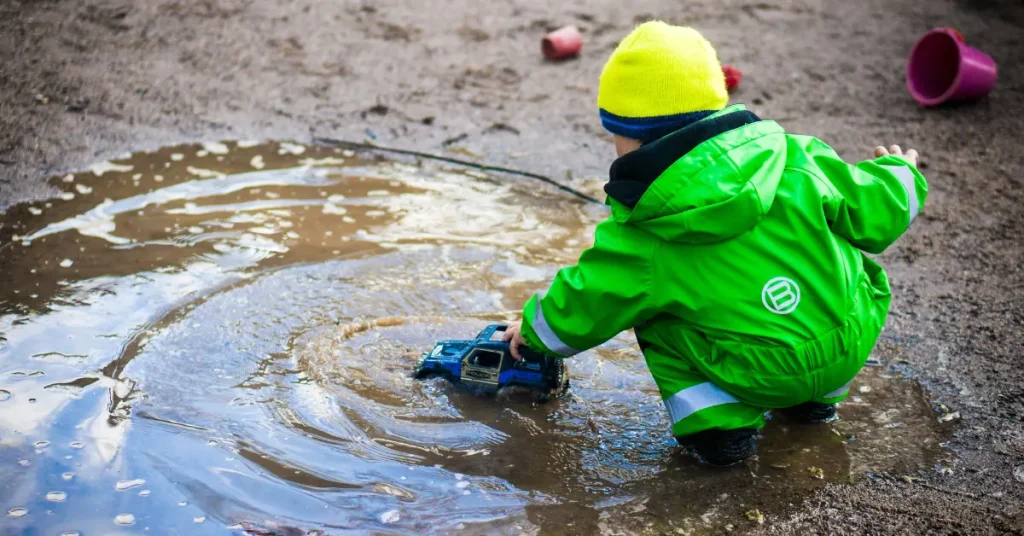Inquiry reveals widespread historical sexual abuse in schools
An inquiry commissioned by the Government has recorded just under 2,400 claims of historical child sex abuse at schools across the country. The scoping inquiry only investigated allegations on schools run by religious orders. The allegations were put forward against 884 abusers, spread across 308 different schools. Despite these shocking figures, it is noted by the inquiry report that the actual number of incidents is likely higher due to the reluctance of victims to come forward with their experiences of child sexual abuse.
Of all of the allegations, there is a disproportionately high number relating to special education schools, with 590 claims about 190 accused abusers across 17 schools. According to the inquiry, levels of abuse peaked around the early to mid-70s, with the majority spread across the early 60s to the early 90s. While the inquiry has shed some light on the extent of the problem of historical child abuse in Ireland, advocacy groups are worried that it will further draw out the long process towards justice and particularly redress.
The report further detailed some of the allegations received. Abuse took place in various locations across schools, including dorms, sporting facilities and classrooms. However, abuse also happens during extracurriculars or even at pupils’ homes. The abuser’s links with the school would create a sense of trust within families, who would then unknowingly allow an abuser into their home. Many incidents also occurred in abusers’ offices or their living quarters—several accounts detailed abuse in front of other people, both adults and children.
For many children, the abuse was repeated several times. Still, for some, it happened suddenly and unexpectedly or, for others, “followed a period of grooming and was often reported as having been accompanied by ferocious violence.†The inquiry detailed the severity of the abuse some of the children endured, stating, “Participants described being molested, stripped naked, raped and drugged amidst an atmosphere of terror and silence.â€
Speaking to the inquiry, many victims shared “their strong belief that what was happening was so pervasive that it could not possibly have gone unnoticed by other staff, and the members and leadership of the religious ordersâ€. A large number of them strongly believe there was some “cover-up in their schools or by the religious orderâ€, and further, many believe “there was collusion between some institutions of the State and the Church.â€
The report has detailed the profound impact historical sexual abuse has had on every aspect of survivor’s lives. At the time of the abuse, victims felt “shame, responsibility, isolation, powerlessness and secrecy.†To protect themselves from further attacks, children attempted to avoid school, isolated themselves from their friends and gave up their favourite pastimes. This contributes to more significant issues, such as problems with socialisation, forming relationships, developing sexually, progressing in education and, consequently, in their career. The mental health ramifications of sexual assault also lead many survivors to adopt “unhealthy coping mechanisms, including the misuse of alcohol and drugs.†These habits have unfortunately continued into adulthood for many survivors.
Some victims expressed that “their childhood stopped the day the abuse started.†They often struggled to maintain healthy familial relationships, feeling that they couldn’t even tell their parents about what they had experienced. Many survivors have chosen not to have kids at all due to the abuse and others feel it has negatively impacted their ability to parent, creating intergenerational trauma. Survivors have had to miss significant family events such as the funeral of a parent or weddings as they can’t bear to be in a church and the traumatic memories that this can evoke.
A number of participants described the distraction strategies they had adopted in order to survive. For example, many emigrated, “creating distances from family and friends to avoid traumatic memoriesâ€. Others doggedly pursued career progression “at the cost of their close relationships, to distract themselves from their early traumaâ€.
A Commission of Investigation into historical sexual abuse has been announced by Norma Foley, Minister for Education, in the wake of the inquiry. As well as recommending a full investigation be conducted, the report also urged the Government to consider launching a scheme of financial redress for victims. While acknowledging the recommendation, the Department for Education made no indication that such a scheme would actually be put in place.
Commenting on the report, Ms Foley echoed the sentiment found throughout the report, stating “The survivors were very clear that they have lived with the experience all of their lives…it was a destructive influence on their relationships it’s quite horrific, the long term impact that this has had on people’s lives.†She added that a financial scheme would “be looked at†but refrained from making any definitive statements regarding redress. Ms Foley also discussed the possibility of extending the scope of the investigation to every post-primary school in the country.
Our team has experience dealing with cases involving historical sexual abuse in schools and can help you seek justice. If you are a survivor of historical sexual abuse, please don’t hesitate to contact us for confidential advice. Free phone 1800-844-104 or email us [email protected]Â



![Sodium Valproate Inquiry [2025] Coleman Legal LLP](https://colemanlegalpartners.ie/wp-content/uploads/2025/07/Sodium-Valproate-Inquiry-2025-Coleman-Legal-LLP-1024x536.webp)

